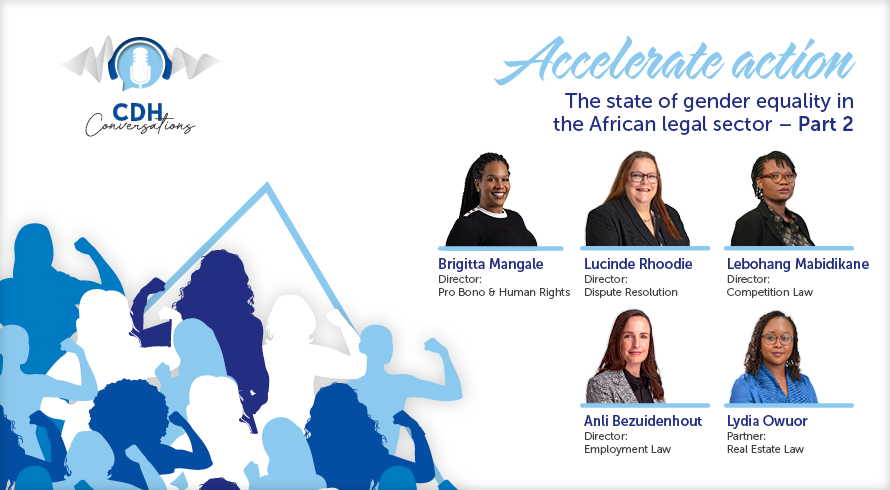Better late than never? Potential consequences of the failure to submit a section 60 written resolution to all shareholders simultaneously
Section 60 is clear that resolutions submitted for written approval must be submitted to all shareholders entitled to exercise voting rights in relation to the subject matter of the resolution. What is not clear, however, are the requirements relating to the timing of such submission.
Although it is not expressly stated therein, s60 may be read as requiring equal and simultaneous, or at least non-delayed, submission of the resolution to all shareholders by the board. Near-simultaneous circulation is important because it prevents the proposers circulating the resolution first to those shareholders who are likely to support it and thus securing their support before any dissenters have had the opportunity to put their case to, or raise their concerns with, the other shareholders. This is significant because a written resolution is deemed to be passed at the point at which it secures the requisite majority of the shareholders, regardless of whether all the shareholders to whom the resolution has been sent have voted, or whether the prescribed period for voting has expired.
Section 60 is in essence a modified statutory version of the doctrine of unanimous assent, a common law principle which allows shareholders to take decisions by unanimous agreement without having to follow the formalities associated with a shareholders’ meeting. However, one important difference is that s60 does not require unanimous agreement, but rather only requires that the necessary majority for an ordinary or special resolution, as the case may be, is obtained.
While this departure from the common law has its practical advantages, it requires circumspection if we are to avoid unduly prejudicing shareholders. In this regard we would do well to look to the UK Companies Act 2006, which codified a similarly modified form of the doctrine of unanimous assent, but specifically mandates that the written resolution be submitted at the same time, or at least without undue delay, to every member entitled to vote. This seems a sensible approach: while a single minority shareholder may often be unable to veto a resolution, they would certainly still be able to air their concerns on the matter to the other shareholders.
If we recognise that the purpose of s60 is to simulate a meeting of the shareholders, the procedure set out in s60 should be utilised in a manner which least derogates from the usual rights or protections afforded to shareholders at a meeting. If the board of directors delays in circulating the written resolution simultaneously (or at least on a non-delayed basis), this action may be open to challenge if the circulation was delayed for ulterior purposes. Given the line of thinking in the recent case of CDH Invest NV v Petrotank South Africa (Pty) Ltd and Others (483/2018) [2019] ZASCA 53, it is clear that the courts are prepared to strike down directors’ actions (such as the submission of a resolution) if they acted with an improper purpose in that regard.
It would thus be advisable to follow a fair and equal procedure when submitting s60 written resolutions to shareholders.
The information and material published on this website is provided for general purposes only and does not constitute legal advice. We make every effort to ensure that the content is updated regularly and to offer the most current and accurate information. Please consult one of our lawyers on any specific legal problem or matter. We accept no responsibility for any loss or damage, whether direct or consequential, which may arise from reliance on the information contained in these pages. Please refer to our full terms and conditions. Copyright © 2026 Cliffe Dekker Hofmeyr. All rights reserved. For permission to reproduce an article or publication, please contact us cliffedekkerhofmeyr@cdhlegal.com.
Subscribe
We support our clients’ strategic and operational needs by offering innovative, integrated and high quality thought leadership. To stay up to date on the latest legal developments that may potentially impact your business, subscribe to our alerts, seminar and webinar invitations.
Subscribe




